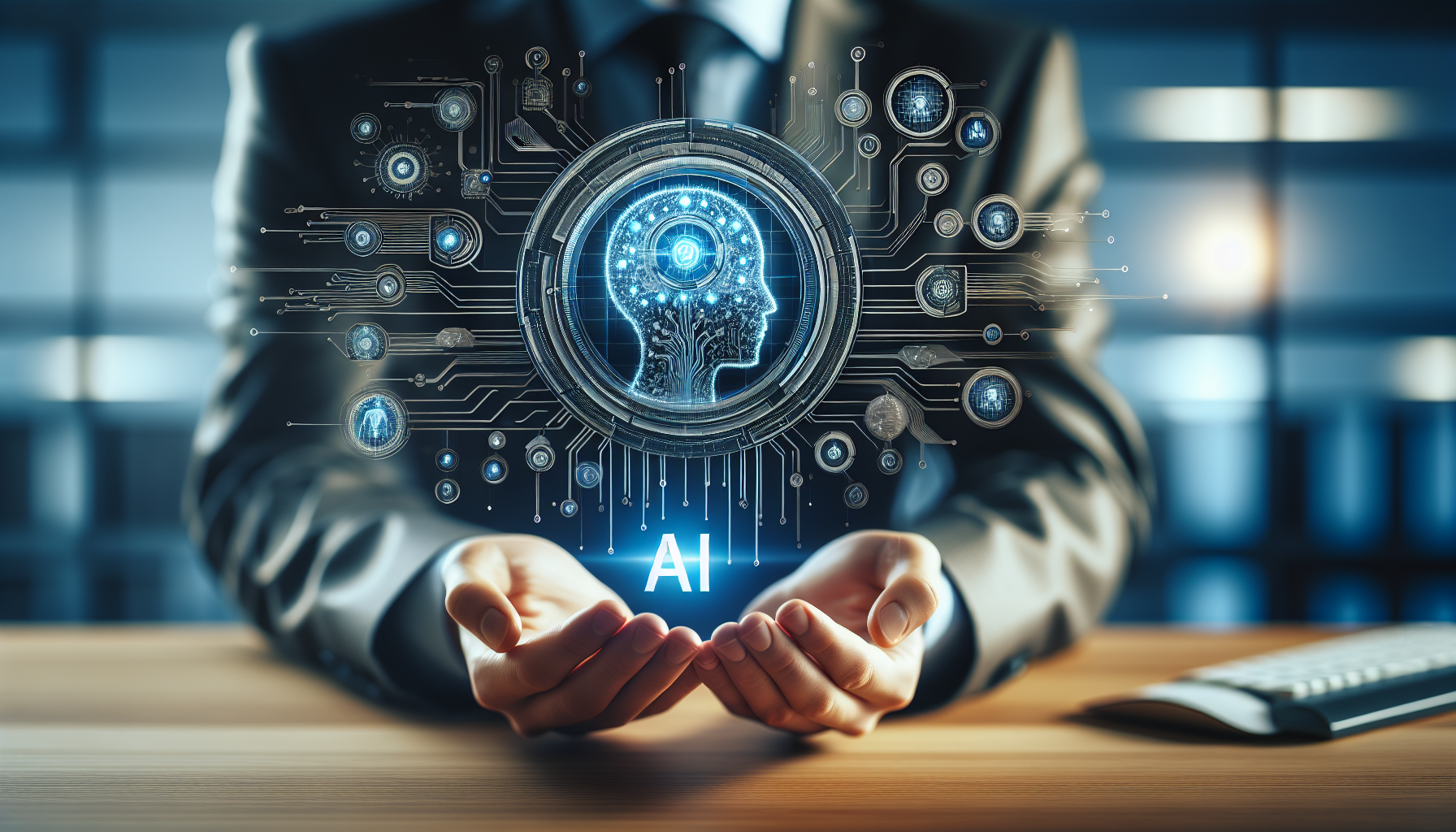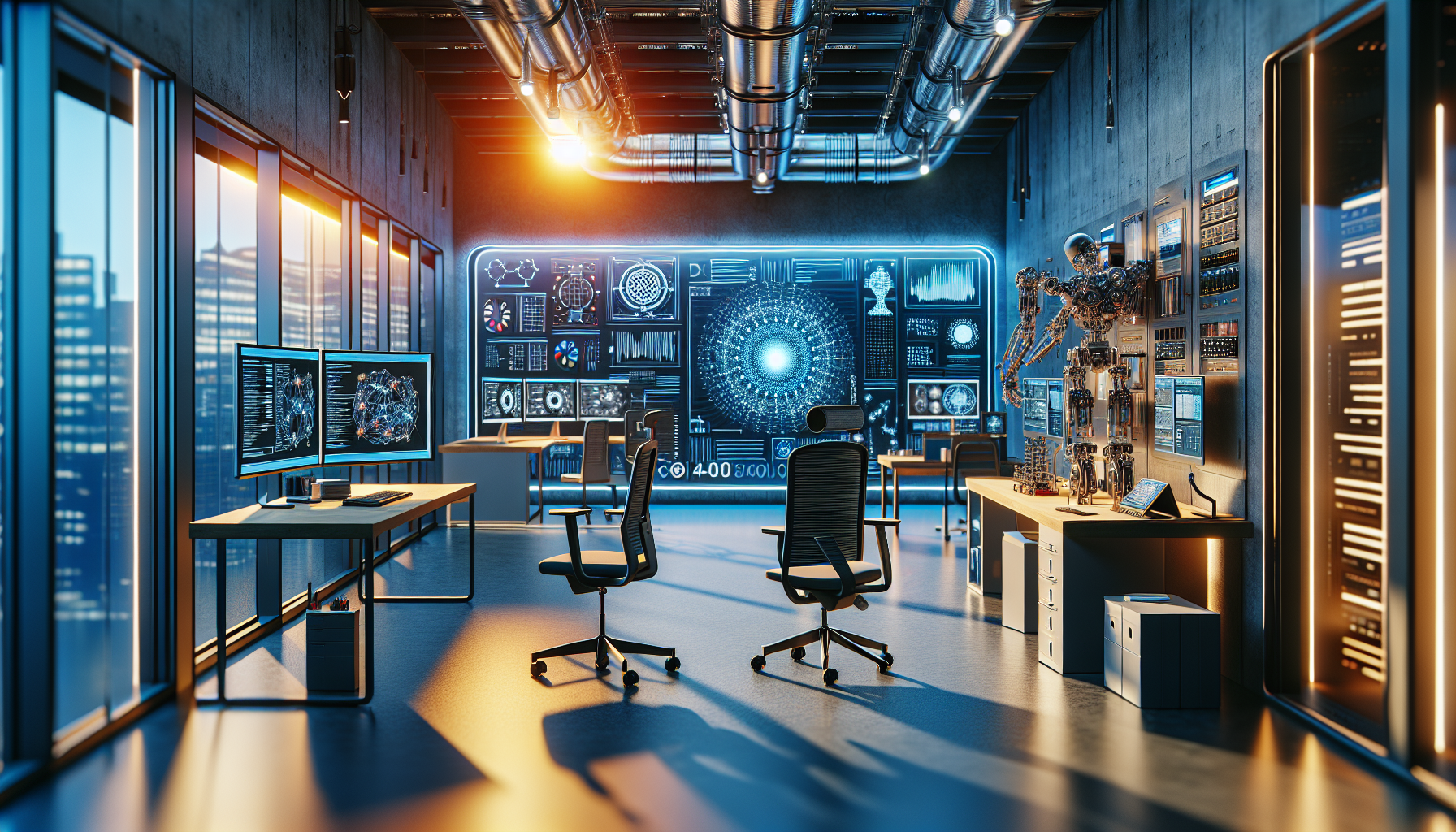
Reimagining Warfare: How AI Is Shaping the Future of Military and Defense
November 15, 2025
In the annals of military history, technological advancements have often played pivotal roles in shaping the outcomes of conflicts and redefining the boundaries of warfare. From the invention of the longbow to the introduction of nuclear weapons, each leap has brought with it a mixture of awe, fear, and the potential for profound change. Today, we stand on the cusp of another transformative wave: artificial intelligence in military and defense applications. Far from the realms of science fiction, AI is redefining strategies, creating new opportunities, and challenging our understanding of warfare in inspiring and unexpected ways.
The journey of AI in military applications can be traced back to the earliest days of computing. Visionary scientists and strategists began to explore how machines might assist in complex decision-making processes. These initial explorations, often limited by the technology of their time, laid the groundwork for a future where AI could become an indispensable ally on the battlefield.
One of the most compelling aspects of AI in the military is its potential to enhance decision-making. In a domain where every second counts, AI systems can process vast amounts of data with unprecedented speed and accuracy, offering commanders insights that were previously unimaginable. By analyzing satellite imagery, intercepting communications, and predicting enemy movements, AI not only saves time but also reduces the fog of war, allowing for more precise and efficient operations.
Furthermore, AI is pushing the boundaries of autonomous systems. Imagine drones that can conduct surveillance, deliver supplies, or even engage in combat without direct human intervention. These systems, once the stuff of futuristic dreams, are now being tested and deployed, offering new ways to enhance operational effectiveness while minimizing risks to human soldiers. The potential to reduce casualties and protect human life is a powerful motivator driving these innovations forward.
However, the integration of AI into military operations is not without its challenges. Ethical considerations arise concerning the use of autonomous weapons and the potential for unintended consequences. The question of accountability—who is responsible when a machine makes a life-and-death decision—continues to spark intense debate. Yet, it is precisely these discussions that inspire a thoughtful approach to the development and deployment of AI in the military, ensuring that technological advances align with human values and international laws.
Beyond the battlefield, AI is transforming logistics and support systems within the military. Predictive maintenance algorithms, for instance, can anticipate equipment failures before they happen, ensuring that vehicles and machinery remain in peak condition. This not only enhances operational readiness but also saves resources and reduces environmental impact. In this way, AI is enabling militaries to become more efficient and sustainable, demonstrating that its contributions extend far beyond the theater of war.
The historical perspective on AI in military applications reveals a fascinating pattern: each technological leap brings with it not only new capabilities but also new ways of thinking about conflict and security. Today, as nations continue to invest in AI research and development, there is an opportunity to embrace a future where these technologies are harnessed not just for defense, but also for peacekeeping and humanitarian efforts. AI could play a crucial role in disaster response, search and rescue missions, and the prevention of conflicts, offering new tools for diplomacy and cooperation.
As we stand at this crossroads, it is essential to look beyond the immediate challenges and consider the broader implications of AI in military and defense. How might these technologies inspire new forms of international collaboration? Could AI help reduce global tensions by providing shared security insights or enabling more transparent arms control measures? These questions invite us to reimagine the role of AI in creating a more secure and just world.
In contemplating the future of AI in military applications, we are reminded of the words of those who have witnessed and shaped history: that with great power comes great responsibility. By embracing the potential of AI with a commitment to ethical principles and international cooperation, we have the opportunity to not only transform military operations but also to redefine the very nature of conflict and security. As we embark on this journey, the true measure of success will be found not in the technology itself, but in how it is used to inspire a safer, more peaceful world.


